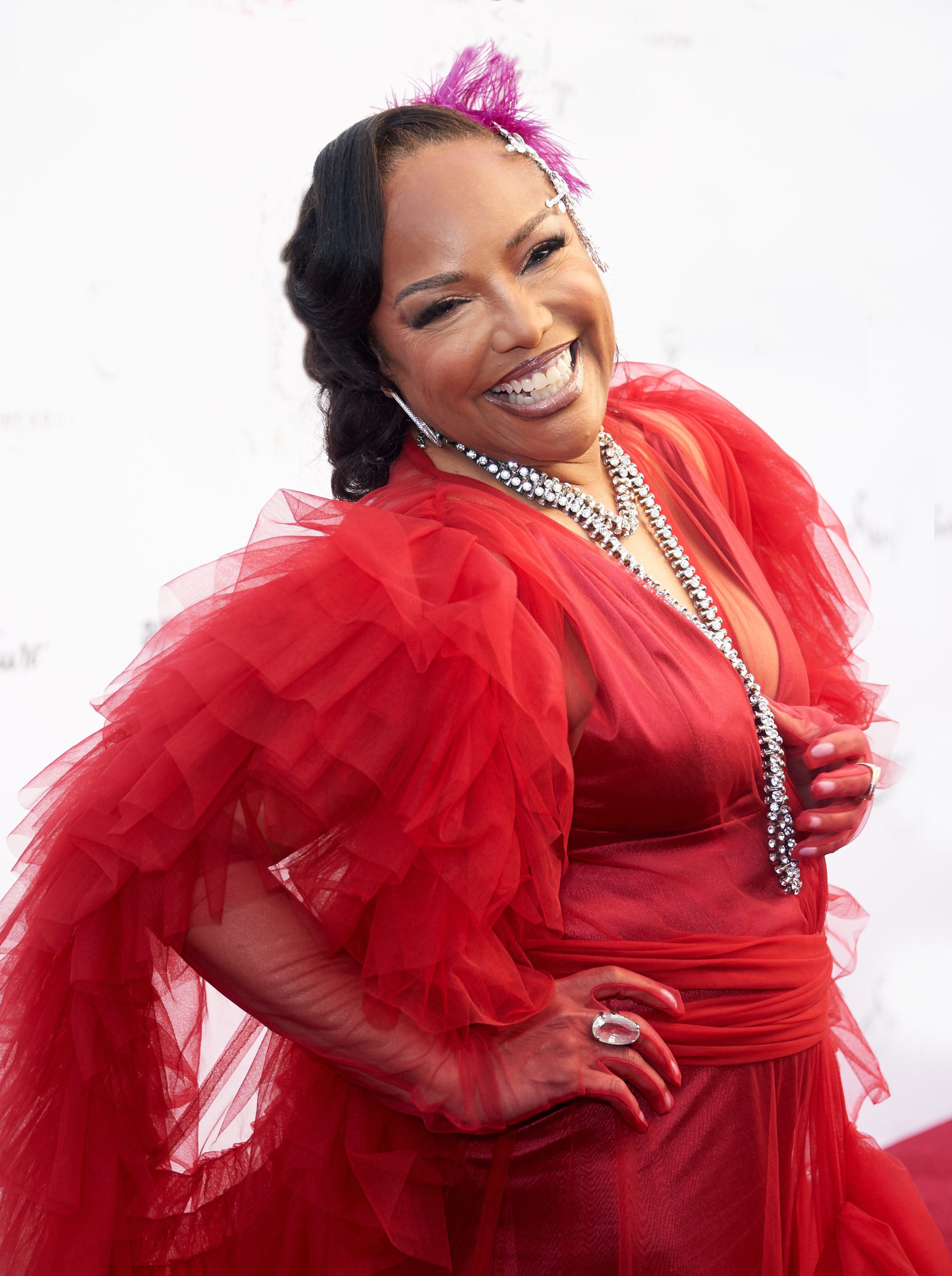
- Golden Globe Awards
Lynn Whitfield: A Career of Continuation
She brought Josephine Baker to a whole new generation of movie fans worldwide who, before the film came out, had never heard of the icon. She continued playing parts in all genres and has carved out a distinguished career for herself. Lynn Whitfield, who just turned 70, is a sometimes overlooked trailblazer for Black women in the industry. One that has seven NAACP Awards, an Emmy and a Golden Globe nomination. And a career that spans half a century.
Whitfield is a true Louisianian. Born in Baton Rouge to a family of physicians who were also art lovers, both parents were instrumental in her initial interest in acting. Her love of movies was shared by her maternal grandmother, Estelle Devall Butler, who exposed her to them. By age 5, Whitfield decided she wanted to be in them. She watched TV and went to the movies and admired stars like Marilyn Monroe, Bette Davis, Katharine Hepburn, Audrey Hepburn, Lauren Bacall and Sophia Loren. But even given her birthplace and skin color, she had never had any doubt in herself or was scared of comparison: “I never thought, being the low Black Southern belle that I was, that I couldn’t do it. I always thought that I could do that too, that I could be as glamorous and fabulous.”
She started out in theater, first with the Black Repertory Company in Washington, D.C, then moved on to New York and appeared off-Broadway before earning international acclaim touring the United States, Australia and London’s West End in the 1977 production of the landmark play For Colored Girls Who Have Considered Suicide… When the Rainbow is Enuf alongside another young up-and-coming star, Alfre Woodard.
Four years later she made her TV debut as Jill Thomas in the critically acclaimed series Hill Street Blues, acted in a few TV projects, and for the next decade starred in a few big screen productions. Then, in 1991, came her big break. After a highly publicized casting call, Whitfield was chosen over hundreds of women to play the title character in The Josephine Baker Story directed by Brian Gibson, a Brit who told the HFPA: “There was a long casting process which Lynn delights in talking about it. It took place over several months and we considered just about everybody you could dream of to play Josephine. It was a very difficult process which must have been frustrating to her since she knew she was Josephine, but it took some time for the rest of us to catch up with that.”
Whitfield ended up with the part, a husband – she married Gibson – and a Golden Globe nomination. As she joked then, he fell in love with her “before the love scenes, but somewhere around the banana dance.” The two had a daughter, Grace Gibson who is now a powerhouse musician and performer.
Whitfield did an astounding job playing the icon. She learned to dance and lip sync but told the HFPA at the time that “the most challenging thing for me emotionally was playing the older Josephine which is at a time that was very difficult in her life. It brought me to my deepest fears of losing everything, of not being as successful as I wanted, of growing older without a mate, of being Black and poor and having absolutely nothing after having everything.”
She need not have worried. The New York Times critic wrote that she “powerfully captures her [Baker’s] passionate determination,” and every other review was just as glowing and complimentary.
Whitfield says that playing Baker gave her a natural platform for speaking her mind about the racial situation in America that she did not have before the film “because Josephine was such a trailblazer.” She has since supported various causes and campaigned for Democratic politicians. And she was able to build on her success although she recognized even then that there were limitations for Black women in Hollywood. “It’s frightening because there never seems to be the natural progression that there might be for Jane Fonda or Glenn Close or Michelle Pfeiffer.”
She was, however, able to follow up on her success with the female lead opposite Martin Lawrence in the dark comedy The Thin Line Between Love and HateGone Fishin’ with Danny Glover; and memorable roles in Eve’s Bayou directed by Kasi Lemmons (1997), Stepmom, co-starring Julia Roberts and Susan Sarandon (1998), Head of State (2003), the box office hit Madea’s Family Reunion (2006) and The Women (2008) among others. In 2016, Oprah Winfrey cast her as Lady Mae, the villainous matriarch of a Memphis church family in the series Greenleaf where one critic described her: “Whitfield has the imperious aura of a grand soap opera diva in the tradition of Joan Collins.” She won the NAACP Award for Outstanding Supporting Actress for two years in a row for her performance.
Her upcoming projects include the comedy action film The Retirement Plan with Nicolas Cage and a project close to her heart, On More River to Cross, a story that explores how the injustices of the Civil Rights movement are linked to the injustices of Hurricane Katrina through a protester who experienced both. Her co-star is Golden Globe winner Louis Gossett Jr.
She wants to continue bringing interesting women to the screen and says, “Tennessee Williams has nothing on Southern people because there’s no way we can escape slavery, there’s no way we can escape our history as Black people. It has something to do with everything.”

